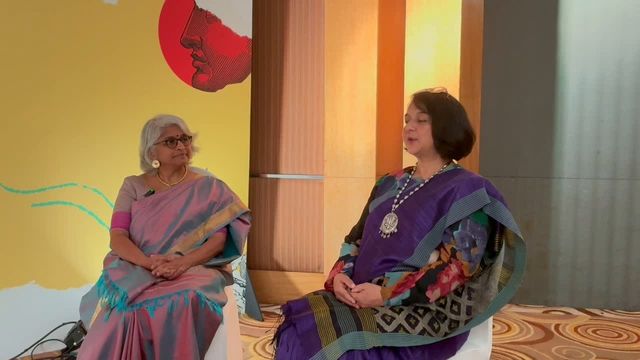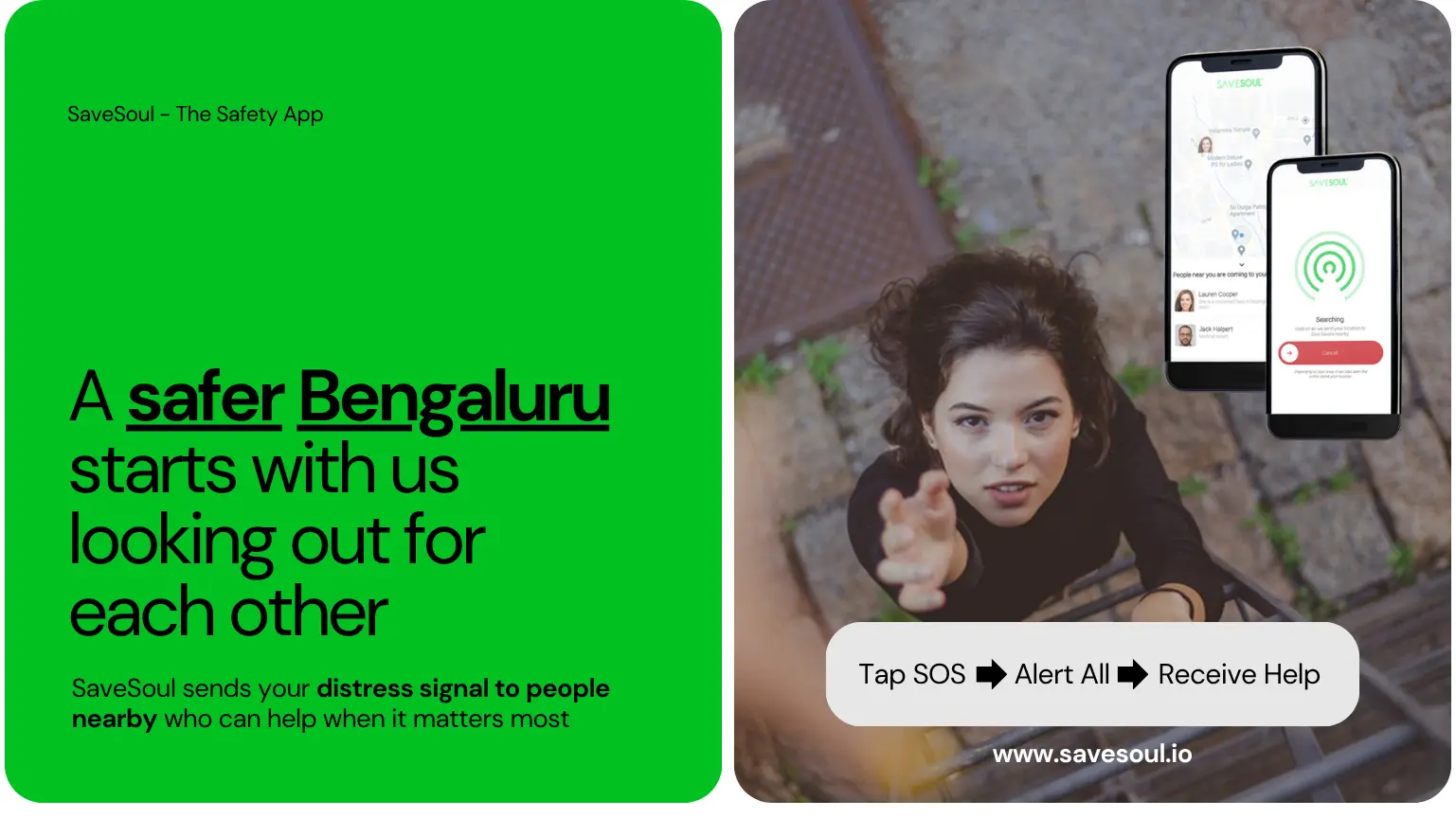When Bengaluru hosted Manotsava, India’s National Mental Health Festival, it created a space unlike anything the city has seen – a space where science, art and community came together to talk about mental well-being without stigma.
Organised by NIMHANS, NCBS, and Rohini Nilekani Philanthropies, the two-day festival brought families, students, seniors, and young professionals under one roof.
Bangalore Insider sat down with Rohini Nilekani, philanthropist and founder of Rohini Nilekani Philanthropies, and Dr. Pratima Murthy, Director of NIMHANS, for a conversation on why mental health needs national attention, how Manotsava was born, and what India needs next.
Why Mental Health? Rohini Nilekani’s Realization
Nilekani shared that mental health had been on her mind for years, but the pandemic became the turning point.
“The pandemic tipped me toward this side. We realised how much people needed philanthropic support for research and practice happening at institutions like NIMHANS and NCBS.”
Her foundation added mental health to its philanthropic portfolio with the belief that India needs more donors to support research, innovation and public engagement.
Manotsava, she said, was designed not just to discuss mental illness, but to celebrate resilience, well-being and community strength.
How the Festival Was Born
According to Dr. Pratima Murthy, the idea emerged from a major research project studying commonalities across severe mental disorders – using genetics, imaging, physiology, and interviews.
But the pandemic shifted their lens from illness alone to mental well-being for all.
“We realised loneliness is becoming the new pandemic. Technology connects us, but it also disconnects us. We wanted to create a space where people talk, meet, celebrate themselves, and know where to reach out when they feel distressed.”
From that idea came Manotsava – a festival for every age group, with workshops, art, conversations, and children’s activities.
A Festival for Everyone
Nilekani emphasised that Manotsava belongs to the public:
“That’s the beauty of it. It’s a truly public festival – open to everyone. Children, youngsters, senior citizens — there’s something for every age group.”
Panels, read-alouds, music, science demonstrations and mental health booths ensured that visitors could engage in multiple ways.
Mental Health: Do Developed Countries Really Have More Issues?
Dr. Murthy clarified a common misconception: developed nations don’t necessarily have more mental health issues – they often just have better reporting mechanisms.
She explained that:
- Every country experiences psychological distress.
- Individualistic societies tend to show higher levels of loneliness and anxiety.
- In countries like India, community and family support play a protective role.
Rohini added:
“Material well-being and mental well-being are not tightly linked. Being richer doesn’t automatically mean being mentally better.”
Research shows that both extremes – very rich and very poor – often have higher distress.
Is Technology Making Us More Distressed?
The leaders agreed that digital platforms bring both connection and risk.
Dr. Murthy noted:
“Over-reliance on technology, especially among adolescents, can hijack the brain the way addiction does.”
Social media comparison, isolation and sleep disruption are growing concerns worldwide.
Nilekani shared survey findings from youth groups showing many young people prefer digital relationships over real ones – a trend that deeply worries mental health experts.
Manotsava hosted several sessions where young people could openly discuss digital pressure, loneliness, and coping strategies.
Preventive Mental Health: What Can People Do Now?
Dr. Murthy stressed that self-care is the first line of protection:
- Sleep well
- Eat well
- Exercise
- Build social connections
- Recognize distress early
- Know where to reach out
She added that families, schools, workplaces and communities must create safe, confidential spaces for people to seek help.
Dr. Murthy also highlighted Tele MANAS, the national mental health helpline:
📞 14416 — available 24/7 in 22 languages, with over 27 lakh calls handled so far.
A Message to Bengaluru
From Rohini Nilekani:
“Come participate. Learn, share, experience, enjoy. We all need to celebrate our mental health.”
From Dr. Pratima Murthy:
“Take care of yourselves. You are precious. Sleep well, eat well, exercise, avoid substances — and if you’re distressed, reach out.”
Manotsava is a reminder that mental health isn’t just clinical – it’s cultural, social, emotional, and deeply human.
And Bengaluru, with its mix of science, creativity and community spirit, is showing the rest of India what a public mental health movement can look like.
You may also like
-
Best Self Defence Fitness Classes in Bangalore
-
Bangalore Choice Awards – Top Social Media Influencers of 2021
-
Women’s Day Special: How these women entrepreneurs & achievers are leaving a mark in their respective fields
-
Bangalore Insider’s 50 Most Influential People of 2020
-
How Vedh is upping the fashion game for the modern Indian men


